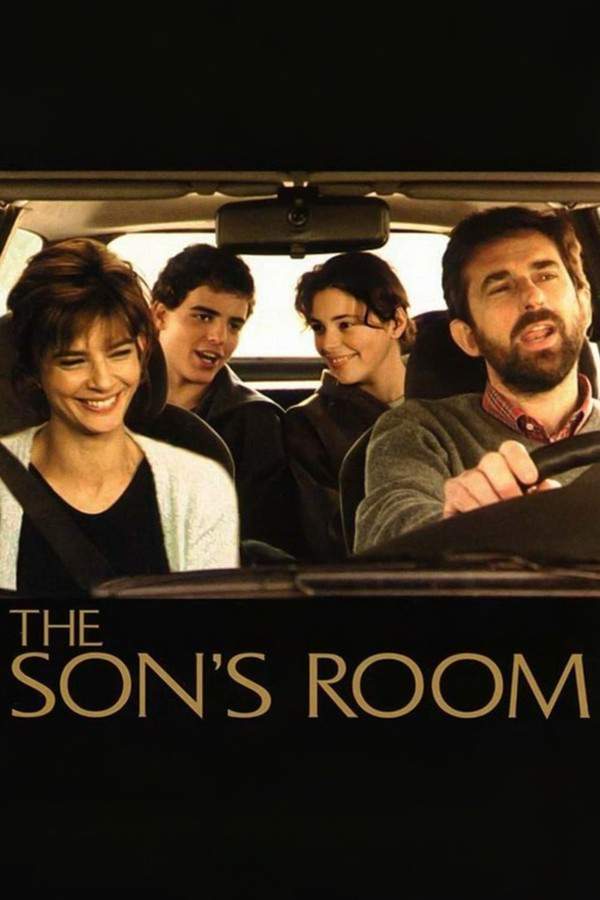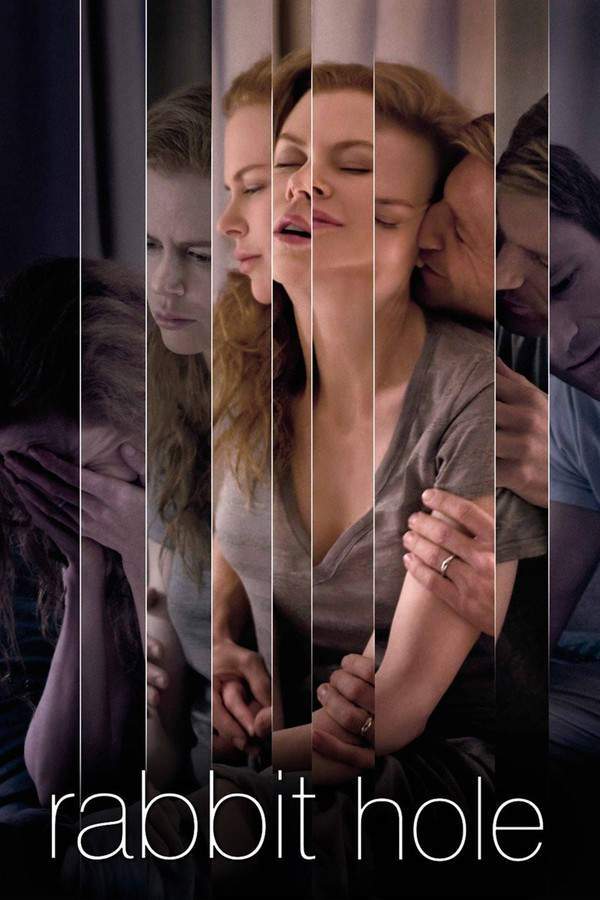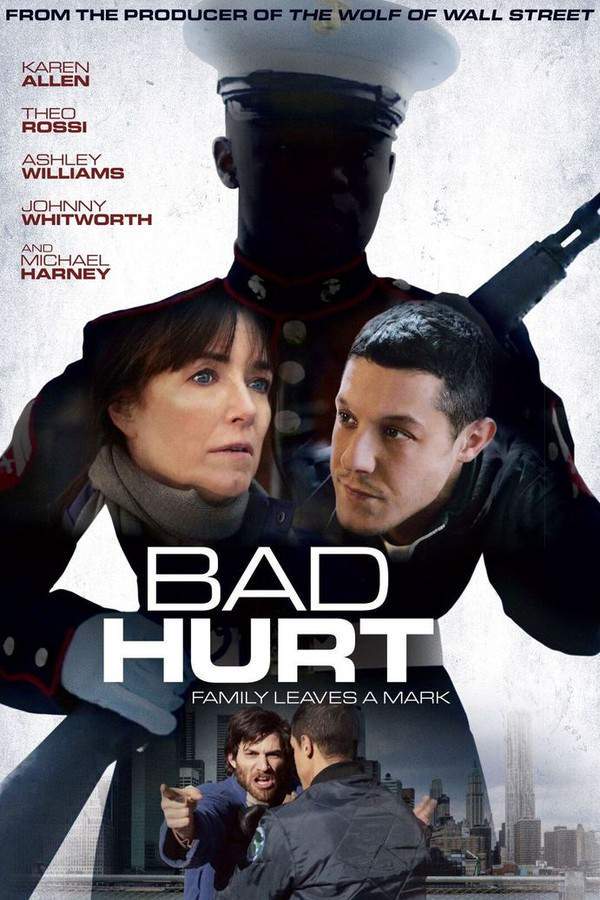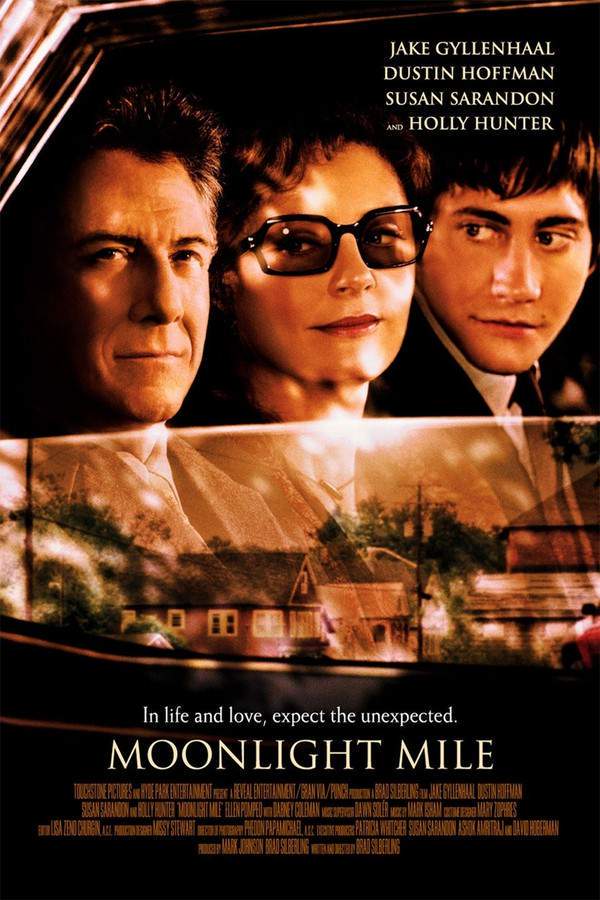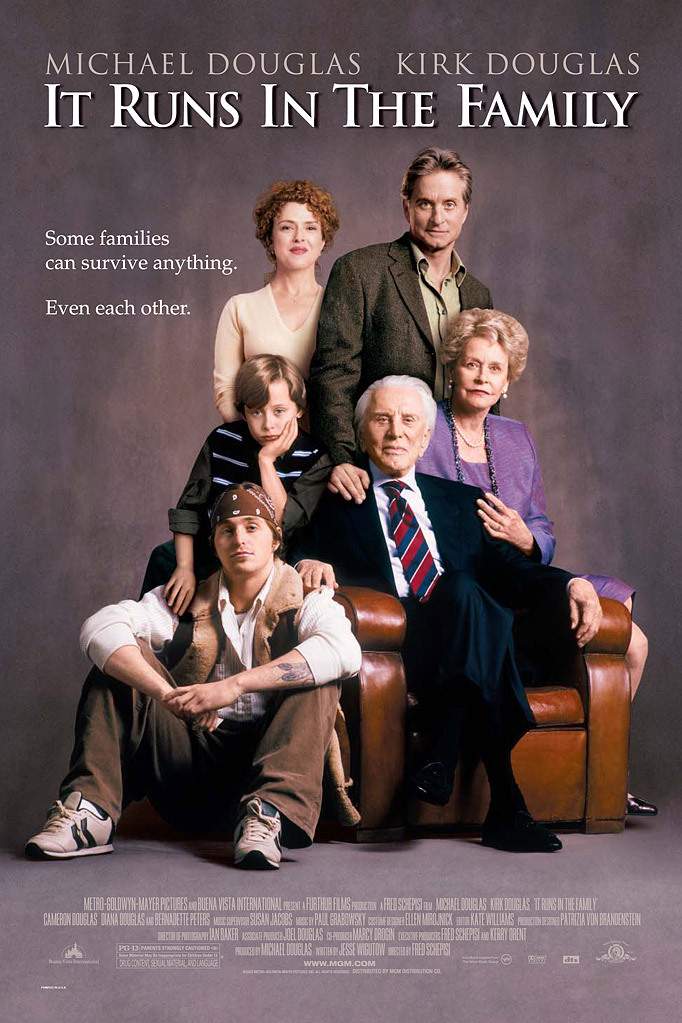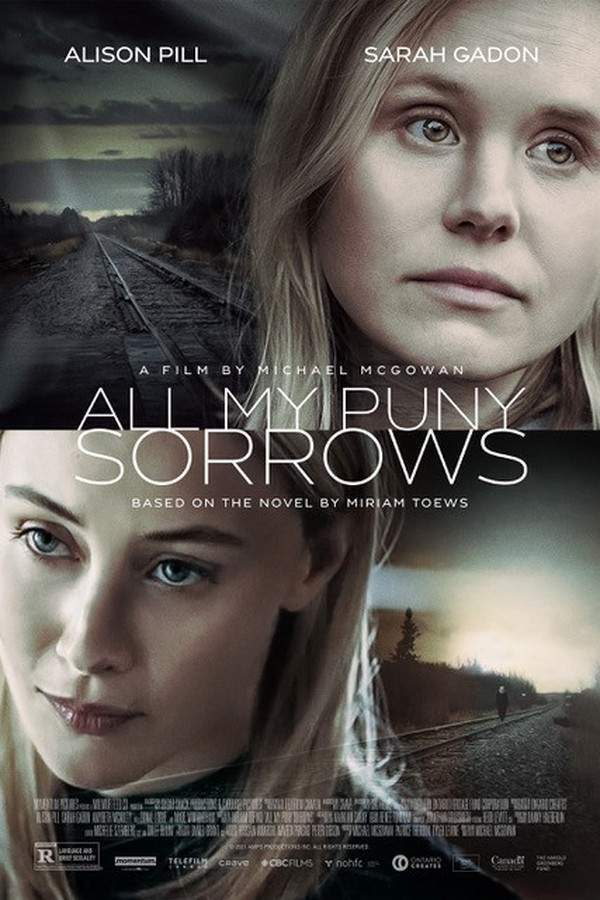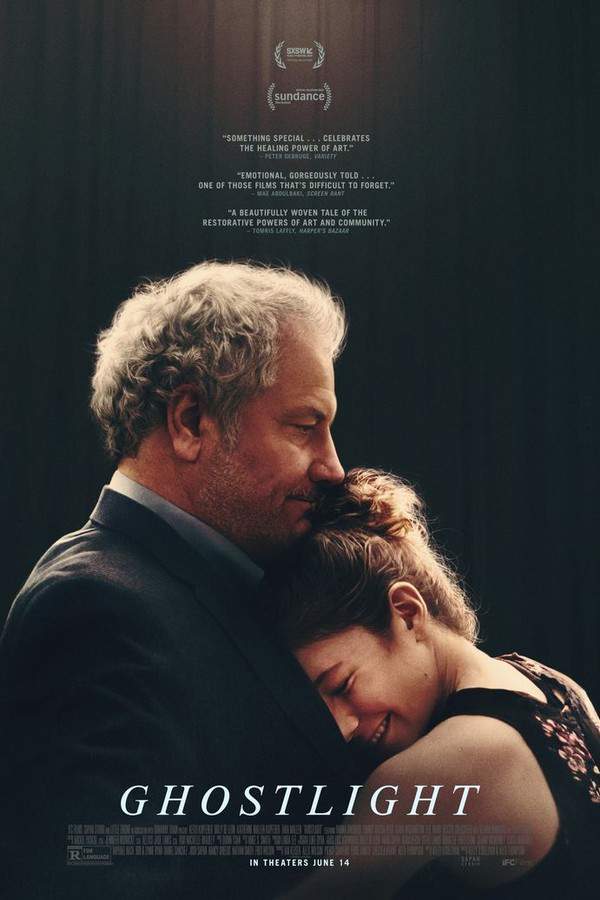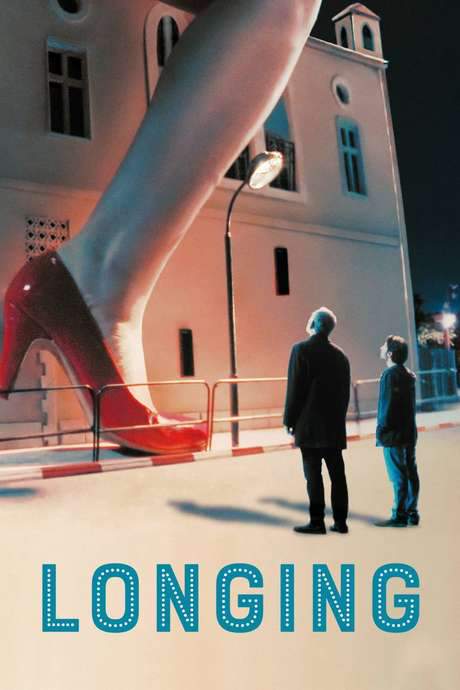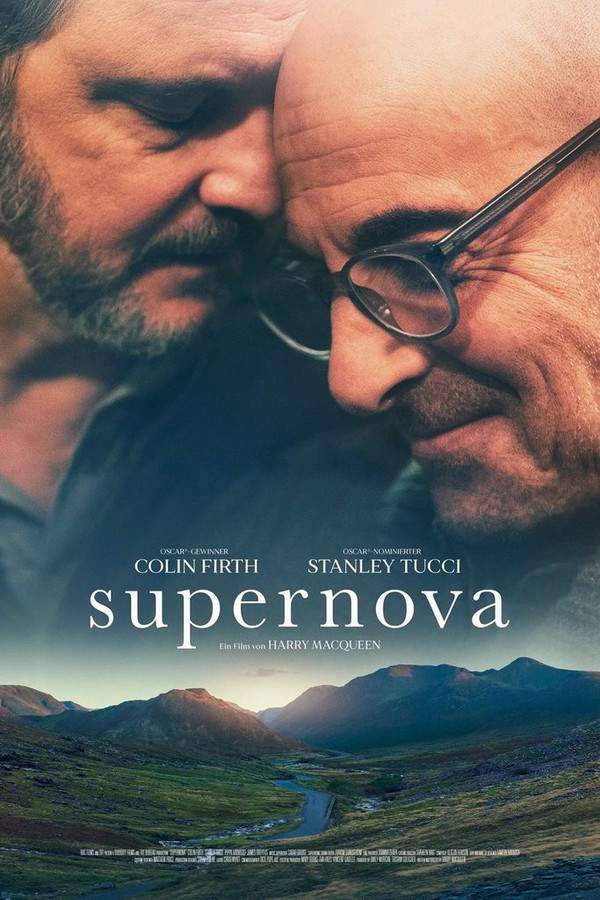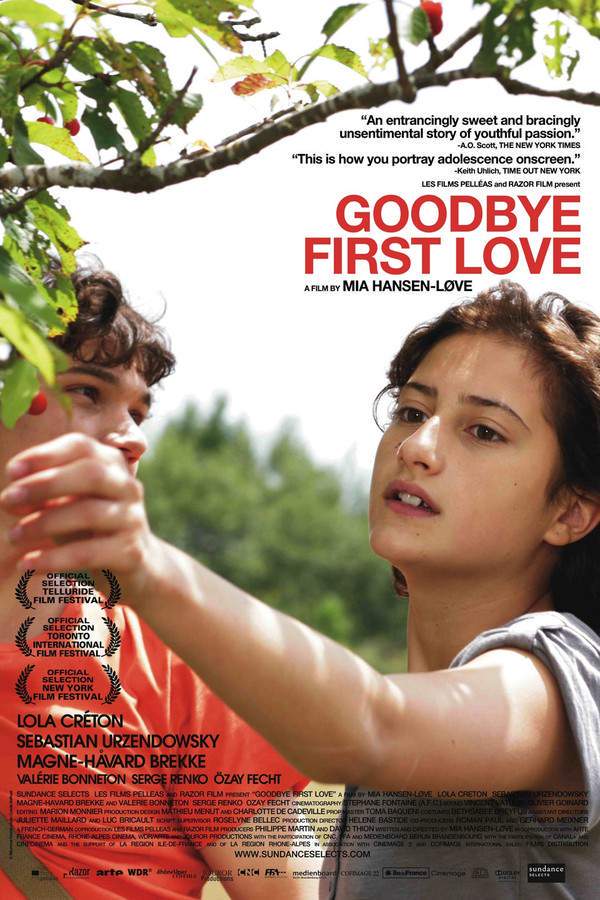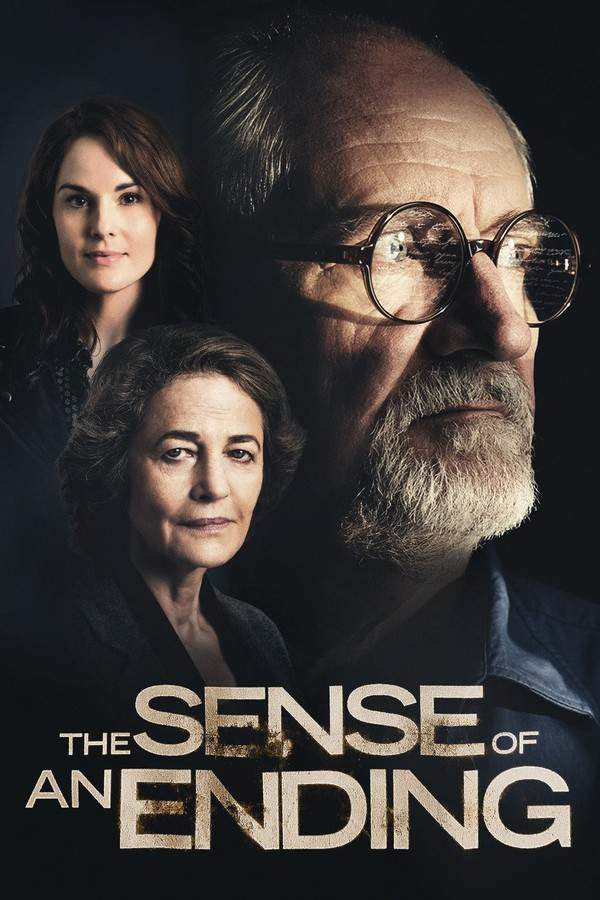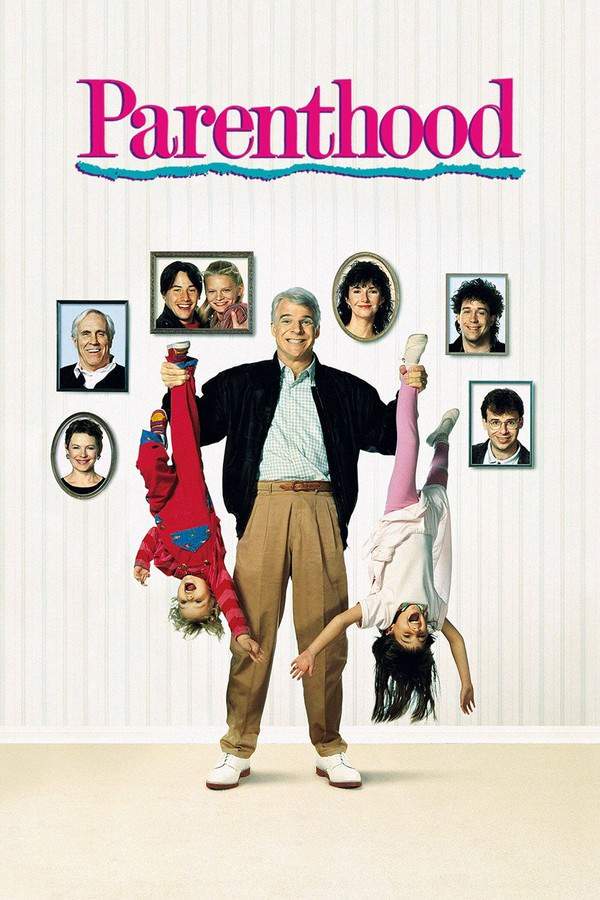
The Greatest
Year: 2010
Language: English
Director: Shana Feste
Budget: $6M
When a young woman's unexpected pregnancy brings Bennett's family back together, long-held tensions resurface. The Brewers must confront their complicated history as they navigate the challenges of this new situation. Through Rose’s presence and interactions, the family begins a journey of healing, ultimately discovering the strength of love and the possibility of forgiveness in the face of unexpected change.
Warning: spoilers below!
Haven’t seen The Greatest yet? This summary contains major spoilers. Bookmark the page, watch the movie, and come back for the full breakdown. If you're ready, scroll on and relive the story!
The Greatest (2010) – Full Plot Summary & Ending Explained
Read the complete plot breakdown of The Greatest (2010), including all key story events, major twists, and the ending explained in detail. Discover what really happened—and what it all means.
Eighteen-year-old Bennett Brewer and Rose share a first and only sexual encounter, a moment that will be remembered as the calm before a storm. The night ends with tragedy when Bennett’s car—stopped on a quiet road with Bennett behind the wheel—gets struck by a truck, and he is killed. The explosion of grief that follows seems to crack open the family’s everyday life, forcing Grace and Allen to confront a loss that feels too large to bear. The doorbell rings at an already fragile hour, and an unexpected visitor arrives with news that stirs even more upheaval: Rose is standing at their threshold, pregnant with Bennett’s child. The news instantly reshapes the family’s sense of responsibility, guilt, and future, as they suddenly have to reckon with a life that will carry the weight of Bennett’s death.
As the story threads itself through the household, Bennett’s younger brother Ryan steps into the orbit of the crisis. He is still grieving the abrupt departure of his brother and the sense that there was little time to say goodbye. His perspective offers a younger, more unfiltered view of the family’s dynamics as everyone tries to process their loss while continuing to carry the daily duties of life. The house becomes a stage for unspoken resentments and quiet questions: who should carry the burden of Bennett’s absence, who gets to speak for him, and who gets to decide how the family moves forward?
A pivotal and haunting image centers around Grace’s waiting at the bedside of Jordan Walker, the man driving the truck. She waits for him to wake so she can learn what occurred during the 17 minutes between the crash and Bennett’s death. The waiting becomes a way to search for truth, even if the truth is not instantly comforting. When the truth finally emerges, it leaves Grace feeling unsettled and, in some ways, disappointed. The minutes between the crash and death reveal not a simple accident but a sequence of choices and moments that carry weight for everyone involved. Throughout this moment of reckoning, it becomes clear that Bennett’s final act may have been directed not toward his mother, but toward Rose, as he calls out for her safety and for Walker to ensure she is protected.
The family’s attempts to manage the aftermath extend beyond the emotional sphere into practical choices. Allen, striving to maintain some sense of order, hires a cleaner to manage the clutter and chaos that grief has left behind. Grace reacts with fury to what she perceives as the family’s attempt to erase their son’s memory by washing away the physical traces of his life. This friction intensifies until a physical toll is taken: Allen appears to be having a heart attack, a stark image of the way unresolved pain can manifest in the body when sorrow is not adequately acknowledged. Grace, torn between her own rage and a desire to protect her family, shouts and fights to maintain a sense of control, only to soften when hope returns at the hospital. At the bed where Allen lies, Grace’s return from the truth about Bennett’s final minutes is met with a raw, breaking moment. Allen finally allows himself to cry, admitting that he has been holding in all of his grief and regret, convinced that he could have done something to prevent the crash or Bennett’s death.
Meanwhile, Rose’s arrival has not yet run its full course. She overhears Grace muttering that Rose might have died instead of Bennett, a cruel line that stings deeply. In the wake of this, Rose leaves the house to seek the company of her own mother, a step that reveals another layer of family strain: Rose’s mother is driven by money, and her willingness to monetize the situation becomes a source of conflict and disappointment for everyone who loves Bennett. The Brewers’ search for Rose becomes a tangible thread of the plot as they try to bring her back into a space where healing might be possible. They eventually find her—though she is in labor—and persuade her to return to the hospital for care. During the car ride, Rose uses the time to seek out more information about Bennett, hoping to fill in gaps of memory and to understand a life that has suddenly become a public matter rather than a private tragedy.
In the final act, the story centers on the birth and the lasting consequences of Bennett’s life and death. Rose gives birth to a girl named Ruby, a name that resonates with Grace as perhaps the embodiment of a future that Bennett would have wanted. The film closes on a quiet note that echoes with the past: the moment Bennett spoke to Rose earlier on the day he died lingers in memory, suggesting that his last intentions were protective and loving, even as the circumstances around his death remain painful and unresolved. The ending leaves viewers with a tempered sense of closure, acknowledging that grief does not neatly conclude with answers, but rather evolves into a different kind of endurance. The film, through its careful portrayal of the Brewers’ grief, their fragile relationships, and the complicated bonds with Rose, invites reflection on how families survive loss, how guilt and memory shape each member, and how the arrival of a new life—Ruby—can simultaneously heal and remind them of what has been lost.
Last Updated: November 22, 2025 at 15:58
Explore Movie Threads
Discover curated groups of movies connected by mood, themes, and story style. Browse collections built around emotion, atmosphere, and narrative focus to easily find films that match what you feel like watching right now.
Dramas about Grieving Families Finding Healing like The Greatest
Intimate stories of family bonds tested by tragedy and repaired by vulnerability.For viewers who liked The Greatest, this collection features movies about families confronting tragedy and learning to heal. These similar drama stories explore the heavy emotional weight of loss and the slow, tender journey back towards connection and forgiveness.
Narrative Summary
The narrative pattern typically begins with a traumatic event that fractures family dynamics. The story then unfolds by exploring individual and collective grief, often revealing buried secrets and tensions. The climax involves a raw emotional confrontation or a symbolic event (like a birth) that allows characters to begin a tentative journey toward forgiveness and healing, culminating in a bittersweet ending that acknowledges loss while embracing hope.
Why These Movies?
Movies are grouped here because they share a core focus on the psychological and emotional aftermath of a death within a family. They possess a melancholic tone, heavy emotional weight, and a steady, character-driven pacing that prioritizes emotional authenticity over plot mechanics, leading to a cathartic, bittersweet conclusion.
Bittersweet Dramas with Heavy Emotional Weight like The Greatest
Stories where profound sadness is balanced by a glimmer of new beginnings.If you appreciated the bittersweet ending and heavy emotional journey of The Greatest, this thread gathers movies with a similar tonal balance. These films deliver a powerful, melancholic experience that acknowledges pain while leaving room for hope, perfect for viewers seeking deeply moving stories.
Narrative Summary
The central emotional journey moves characters from a place of deep despair or trauma toward a state of cautious acceptance. The narrative doesn't erase the pain but introduces a counterweight—often a new relationship, a personal revelation, or a symbolic event—that allows characters to carry their grief forward while finding a reason to continue. The ending feels earned, acknowledging the lasting impact of the loss while embracing a tempered form of hope.
Why These Movies?
This thread groups movies based on their specific emotional blend: a heavy, melancholic core that is ultimately balanced by a sense of hope, resulting in a bittersweet overall feeling. They share a similar intensity and pacing, focusing on internal emotional states rather than external action.
Unlock the Full Story of The Greatest
Don't stop at just watching — explore The Greatest in full detail. From the complete plot summary and scene-by-scene timeline to character breakdowns, thematic analysis, and a deep dive into the ending — every page helps you truly understand what The Greatest is all about. Plus, discover what's next after the movie.
The Greatest Timeline
Track the full timeline of The Greatest with every major event arranged chronologically. Perfect for decoding non-linear storytelling, flashbacks, or parallel narratives with a clear scene-by-scene breakdown.

Characters, Settings & Themes in The Greatest
Discover the characters, locations, and core themes that shape The Greatest. Get insights into symbolic elements, setting significance, and deeper narrative meaning — ideal for thematic analysis and movie breakdowns.

The Greatest Spoiler-Free Summary
Get a quick, spoiler-free overview of The Greatest that covers the main plot points and key details without revealing any major twists or spoilers. Perfect for those who want to know what to expect before diving in.

More About The Greatest
Visit What's After the Movie to explore more about The Greatest: box office results, cast and crew info, production details, post-credit scenes, and external links — all in one place for movie fans and researchers.

Similar Movies to The Greatest
Discover movies like The Greatest that share similar genres, themes, and storytelling elements. Whether you’re drawn to the atmosphere, character arcs, or plot structure, these curated recommendations will help you explore more films you’ll love.
Explore More About Movie The Greatest
The Greatest (2010) Scene-by-Scene Movie Timeline
The Greatest (2010) Movie Characters, Themes & Settings
The Greatest (2010) Spoiler-Free Summary & Key Flow
Movies Like The Greatest – Similar Titles You’ll Enjoy
The Mother (2004) Full Movie Breakdown
Unpregnant (2020) Full Movie Breakdown
World's Greatest Dad (2009) Movie Recap & Themes
Parenthood (1989) Plot Summary & Ending Explained
The Best of Me (2014) Spoiler-Packed Plot Recap
The Bachelors (2017) Movie Recap & Themes
Baby (2002) Movie Recap & Themes
The Daughter (2021) Full Movie Breakdown
Life’s Just Great (1967) Full Summary & Key Details
No Greater Love (1995) Movie Recap & Themes
Motherhood: Life’s Greatest Miracle (1925) Ending Explained & Film Insights
The Greatest Inheritance (2022) Ending Explained & Film Insights
The Great Lie (1941) Detailed Story Recap
Unwed Mother (1958) Story Summary & Characters
The Best Place to Be (2008) Full Summary & Key Details

